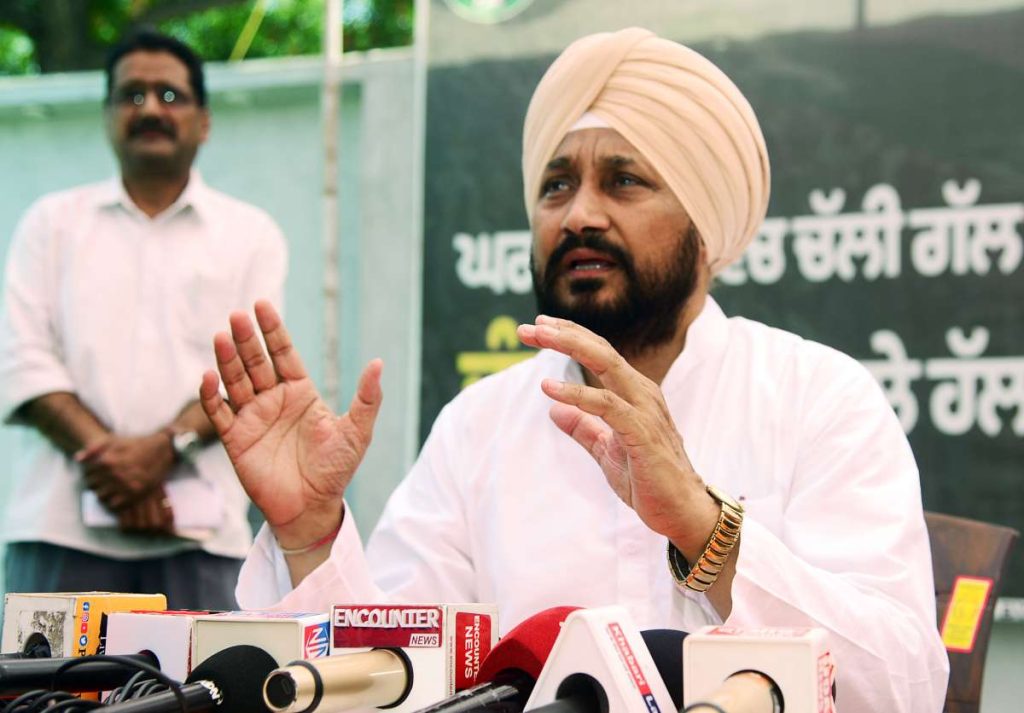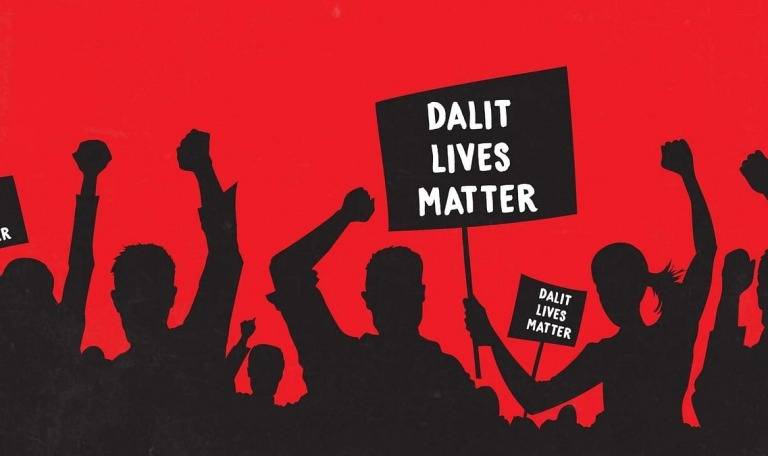In the 2002 Assembly polls, the party had got 5.69 per cent votes which decreased to 1.77 per cent in the 2022 polls, mainly due to the emergence of AAP…reports Asian Lite News
Does the Dalit (scheduled caste) vote bank in Punjab, being the home turf of Bahujan Samaj Party (BSP) founder Kanshi Ram and having a Dalit population of 32 per cent — the highest among states — play a politically empowered role in the electoral outcomes in the agricultural economy state?
Political pundits say “no” as, despite their numerical strength, they have failed to translate into political influence owing to the “leadership crisis”. Another reason is that they are not a homogeneous community that votes in unison.
But for other parties, as per the past trends, they normally play spoilsport.
The four mainstream parties — the Congress, the BJP, the Jat-dominated Shiromani Akali Dal (SAD), which snapped its electoral ties with the Bahujan Samaj Party (BSP) in the run-up to these polls, and the ruling Aam Aadmi Party (AAP) — are trying to woo the Dalits — a majority of them farm labourers or daily wage earners — by fielding candidates from their community for state’s 13 parliamentary seats.
Also, the caste-based BSP is contesting on all seats. As per past records, BSP’s vote percentage over the years has weakened substantially, both in assembly and Lok Sabha polls.
From 1998 onwards, the BSP has not won even a single Lok Sabha seat in Punjab. The BSP’s best performance in the Assembly polls was in 1992. At that time, the party had won nine seats in Punjab, but in the next elections in 1997, it was reduced to one seat.
In the 2002 Assembly polls, the party had got 5.69 per cent votes which decreased to 1.77 per cent in the 2022 polls, mainly due to the emergence of AAP.
Interestingly, a majority of Dalit legislators were elected from parties other than the BSP.
“After 1996, Dalits started shifting towards different parties, but before that the majority of their votes went to the Congress,” a Congress veteran leader said.
In the 2019 parliamentary polls, the BSP, which contested on three reserved seats, had a vote share of 3.5 per cent. It had got 1.4 lakh votes in Anandpur Sahib, 1.28 lakh votes in Hoshiarpur and more than 2 lakh votes in Jalandhar, the hub of the Dalits.
With its declining popularity, the BSP may play spoilsport for the other parties mainly on these seats in these polls, the Congress veteran added.
The BSP has fielded its state President Jabir Singh Garhi from Anandpur Sahib, the seat currently represented by Congress’ Manish Tewari, who has been fielded from the Chandigarh Lok Sabha seat.
BSP candidate Rakesh Soman from Hoshiarpur joined AAP in the run-up to the polls. Congress defector legislator Raj Kumar Chabbewal is the AAP candidate from this seat where the BSP holds considerable influence. Party supremo Kanshi Ram had won this seat in 1996 with the support of the Akali Dal.
Balwinder Kumar has been fielded by the BSP from Jalandhar, a Congress bastion with the party winning 10 out of the 16 Lok Sabha elections.
The Congress has fielded Charanjit Singh Channi, the state’s first Dalit chief minister, while AAP has nominated Akali Dal turncoat legislator Pawan Kumar Tinu. The BJP has poached the sitting AAP MP Sushil Kumar Rinku and the Akali Dal has reposed faith in former Congress MP Mohinder Singh Kaypee.
BJP’s Rinku is the most conspicuous party-hopper, having switched sides twice in a year. In Dalit politics, the state witnessed a new dynamic with the BJP’s announcement in 2022 that it would appoint a Scheduled Caste chief minister if it came to power.
A 2018 report by the ministry of social justice and empowerment says there are 39 sub-castes among Dalits in Punjab. Five sub-castes constitute more than 80 per cent of the Dalit population. Mazhabi Sikhs comprise the largest share of 30 per cent, followed by Ravidassias (24 per cent) and Ad-Dharmis (11 per cent).

Congress candidate Channi belongs to the Ravidassia community and is known for its proximity with Dera Sachakhand Ballan which has a strong presence in the Doaba region, the area between the Beas and the Satluj rivers often dubbed as the hub of Dalit politics.
The Doaba region comprises four districts — Jalandhar, Kapurthala, Hoshiarpur and Nawanshahr that fall in two Lok Sabha constituencies — Jalandhar and Hoshiarpur.
The BJP has fielded incumbent MP Som Parkash’s wife Anita Som Parkash from Hoshiarpur, once a Congress bastion, while the Akali Dal has fielded Sohan Singh Thandal, and the BSP fielded Ranjit Kumar after its candidate Rakesh Soman left the party after two months of campaigning and joined AAP. Yamini Gomar, who had fought the 2014 elections on an AAP ticket, is the Congress nominee from Hoshiarpur.
Of the state’s 117 assembly seats, 34 (one-third) seats are reserved for the scheduled castes. Though Dalits, both among Sikhs and Hindus, are seen as the Congress’ traditional supporters, the Akalis bank on the Jat Sikhs (comprising 25 per cent of the population), while the present AAP government led by Bhagwant Mann has prominent Dalit leader Harpal Singh Cheema in his Cabinet.
In 1996, the BSP forged an alliance with the Akali Dal (Badal) in the parliamentary elections, and they won three of the four seats.
Punjab will vote in the seventh and last phase of the Lok Sabha elections on June 1.

